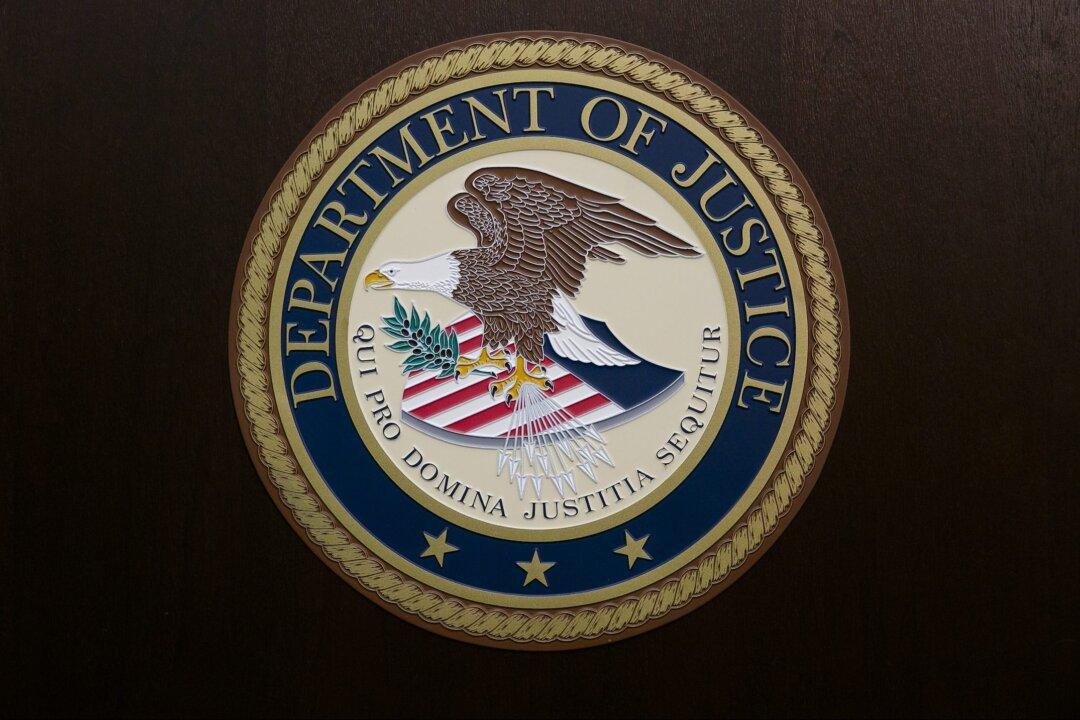Federal prosecutors have charged a Georgia man for his alleged role in a scheme to defraud federal and private health care benefit programs by submitting fraudulent testing claims for COVID-19 and genetic cancer screenings.
Erik Santos, 49, has been accused of soliciting and receiving kickbacks from unnecessary medical testing, including COVID-19 tests, according to the Justice Department (DOJ). He has been charged with one count of conspiring to violate the Anti-Kickback Statute—which carries a maximum penalty of five years in prison—and one count of conspiring to commit health care fraud, which carries a maximum penalty of 10 years in prison. Both offenses also carry a $250,000 fine.




